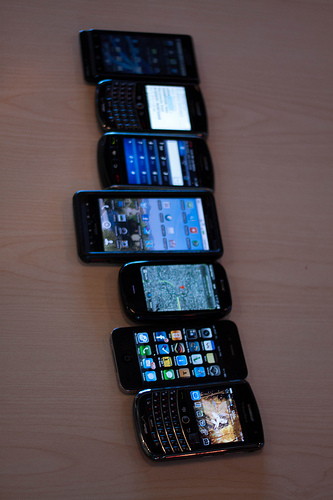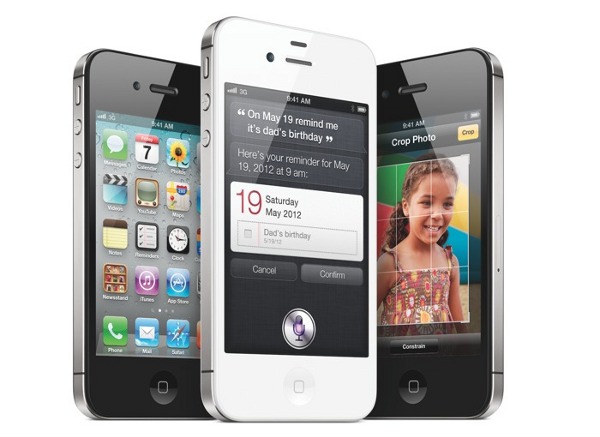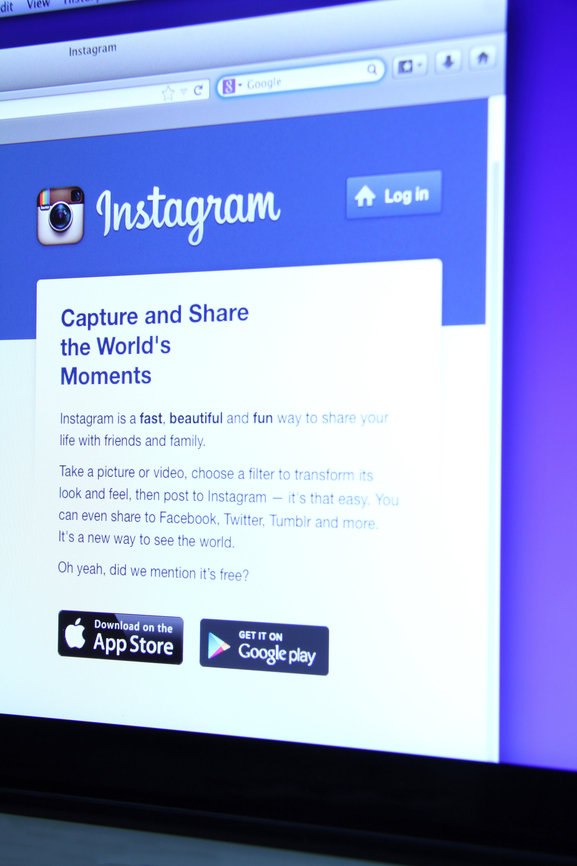Those of us who are in their thirties remember a time when the things that parents did and the things that kids did were totally separate. Parents went to work, had dinner parties with their friends, or went to movies or the theatre. Teens, on the other hand, hung out with friends at school, gossiped in the cafeteria, and went to raucous parties at each other’s places. The only time that parents were able to monitor teens was when they were at home in the evenings. Before the advent of cell phones, you couldn’t get in touch with anyone at a moment’s notice.
Now, the two worlds overlap all the time on Facebook, where parents as well as children have accounts. It’s easy to keep an eye on teens by logging in and taking a look at their latest posts, especially if the teen has agreed to be “friends” with his/her parents on Facebook. Although teens may not always want their parents to know what they’re up to, who they’re communicating with, and what exactly they’re saying, you still find many teens posting nasty comments about others when they know that their parents are sure to see them.
Do these kids just not realize that Facebook is not like a private diary? Or are they actually hoping to be noticed by engaging in behaviors that psychologists call a “cry for help”? A good example of a “cry for help” in real life, as opposed to the digital arena, is when a person swallows a large number of sleeping pills, but not enough to kill him/her, just enough to get him/her some attention from loved ones. The person doesn’t know what to do to make things better and hopes to shock others into paying attention. There are also more everyday “cries for help,” sometimes referred to as “acting out.” These take the form of throwing tantrums, locking the door to one’s room, or constantly engaging in risky behaviors to get the attention of parents.


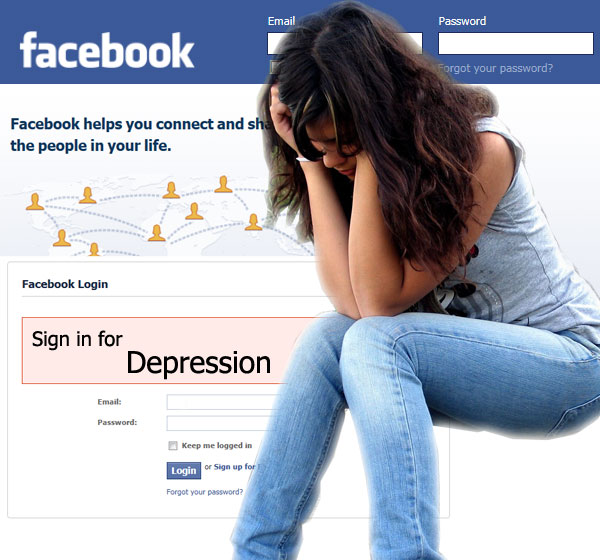
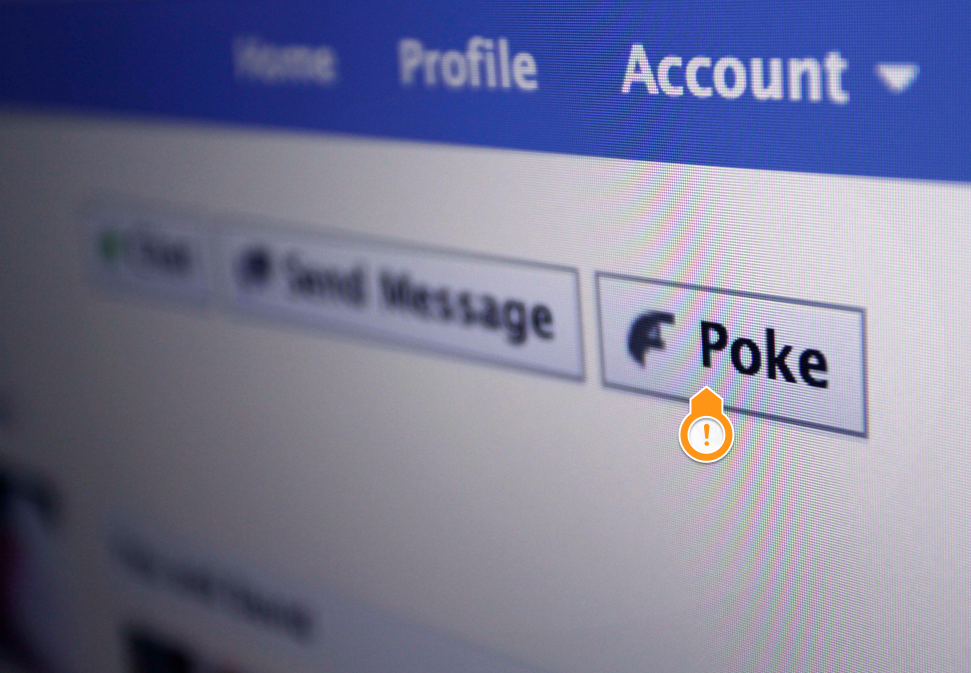
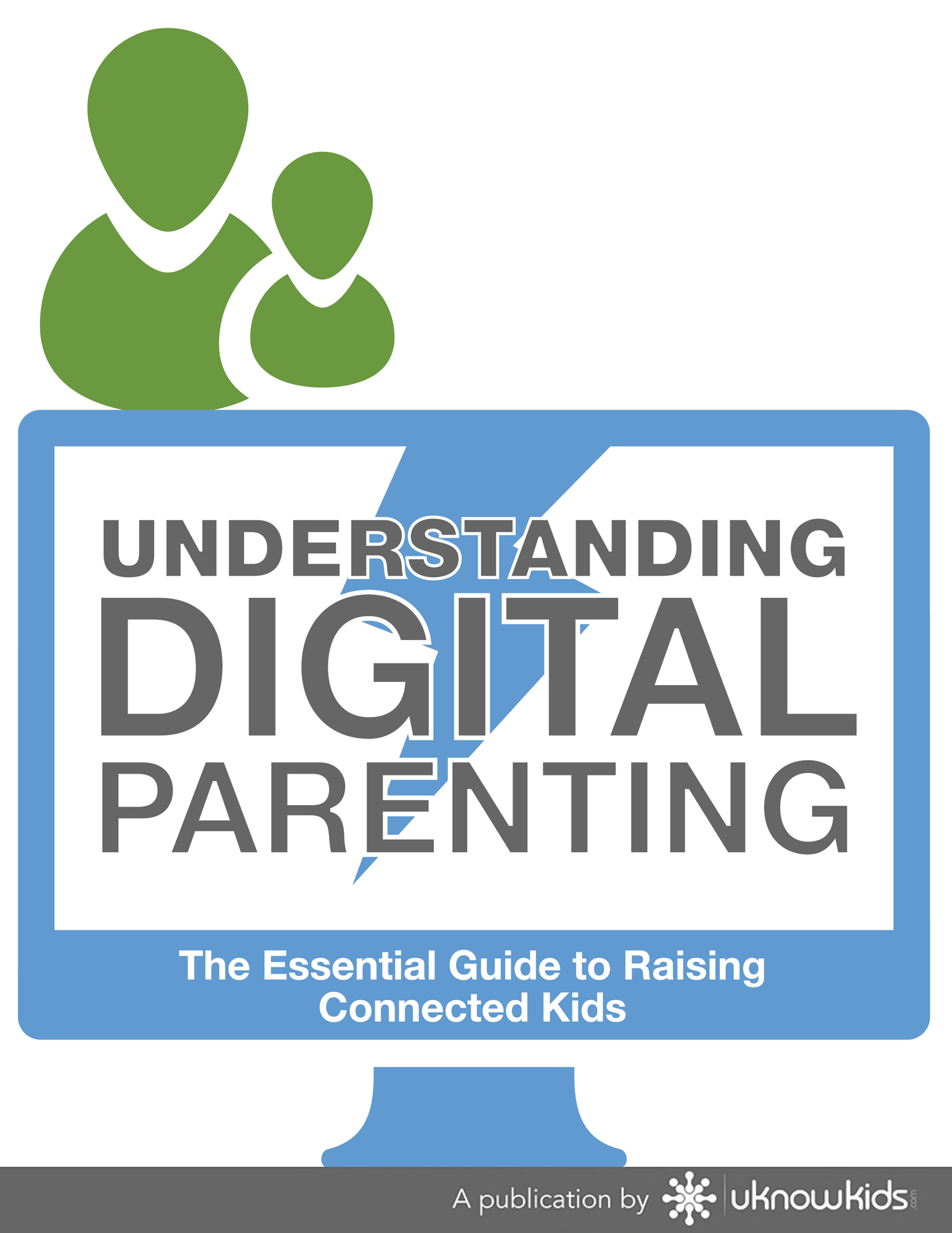


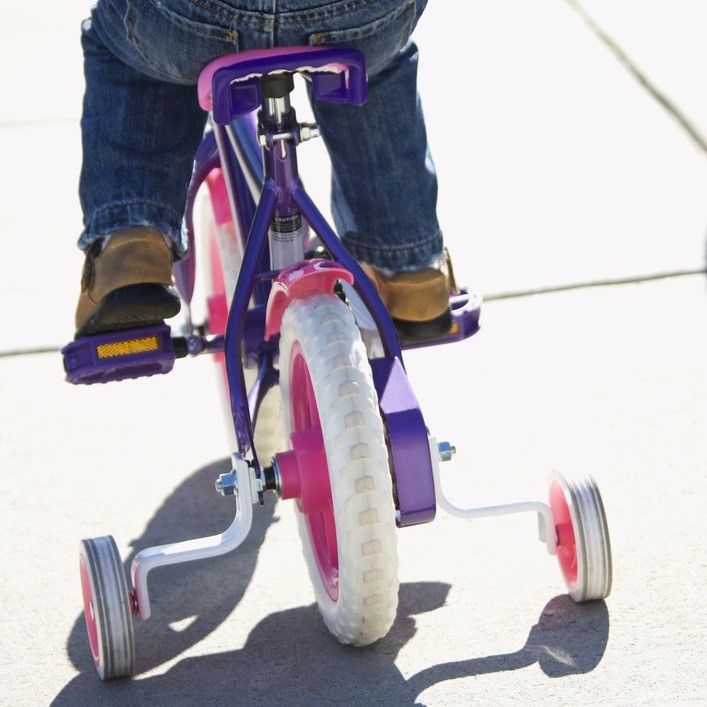1.jpg)

.jpg)
